Can Birds Eat Bread Many people feed birds as a pastime, whether by throwing crumbs to pigeons in a park or setting up bird feeders in the backyard. Bread is one of the most famous human foods given to birds, often out of convenience and the assumption that it’s a benign snack. However, is it truly the ideal choice for our feathered friends?
Whether can birds eat bread is more complex than it appears. While birds can physically eat bread and might even enjoy it, the nutritional consequences are complex. Feeding bread to birds has become a debate among bird enthusiasts, conservationists, and wildlife experts. The occasional piece of bread may seem harmless, but it can significantly affect their health, well-being, and even ecosystems.
In this comprehensive exploration, we’ll discuss birds’ dietary needs. why bread isn’t a suitable food source, the potential dangers it poses, and better alternatives for feeding our avian companions. By understanding these issues, we can make more informed decisions about how we interact with the birds around us and ensure their health and survival in their natural habitats.
The Dietary Needs of Birds Like all living organisms, birds have specific dietary needs that vary depending on their species, size, and lifestyle In the wild, birds consume a diverse diet that supplies them with the essential nutrients required for their health and well-being, including proteins, fats, carbohydrates, vitamins, and minerals. This balanced intake is crucial for their energy, growth, and overall health, enabling them to thrive in their natural habitats. Wild birds typically consume a mix of seeds, insects, fruits, nectar, small animals, and even other birds or animals in some cases.
Table of Contents
Can Birds Eat Bread? Nutritional Requirements
Different bird species have adapted to flourish on various types of diets. For example:
• Granivores, such as finches and sparrows, primarily feed on seeds and grains.
• Insectivores, including warblers and woodpeckers, primarily rely on insects and larvae as their main food source.
• Nectarivores (like hummingbirds) rely on the nectar from flowers.
• Carnivores (like hawks and eagles) prey on smaller animals or other birds.
These dietary preferences align with their nutritional needs. Birds need a proper balance of macronutrients—such as proteins, fats, and carbohydrates—as well as micronutrients, including vitamins and minerals. A deficiency in these essential nutrients can result in malnutrition, weakened immune systems, and various health issues.
Why Bread Falls Short
Bread, particularly the white processed kind, does not meet the nutritional requirements of most bird species. Although it provides carbohydrates, it falls short in offering adequate proteins, fats, vitamins, and minerals that are vital for birds’ health. Regularly feeding Can Birds Eat Bread creates an imbalance in their diet and may result in significant health problems.
The Myth of Feeding Birds Bread
The belief that birds can and should consume bread likely arises from the frequent observations of them eating it without any apparent hesitation. Pigeons, ducks, and other birds in parks usually flock to people offering bread crumbs, leading to the misconception that it’s a natural and safe food source. But what’s convenient or enjoyable doesn’t necessarily equate to what is healthy or beneficial.
Why Birds Eat Bread
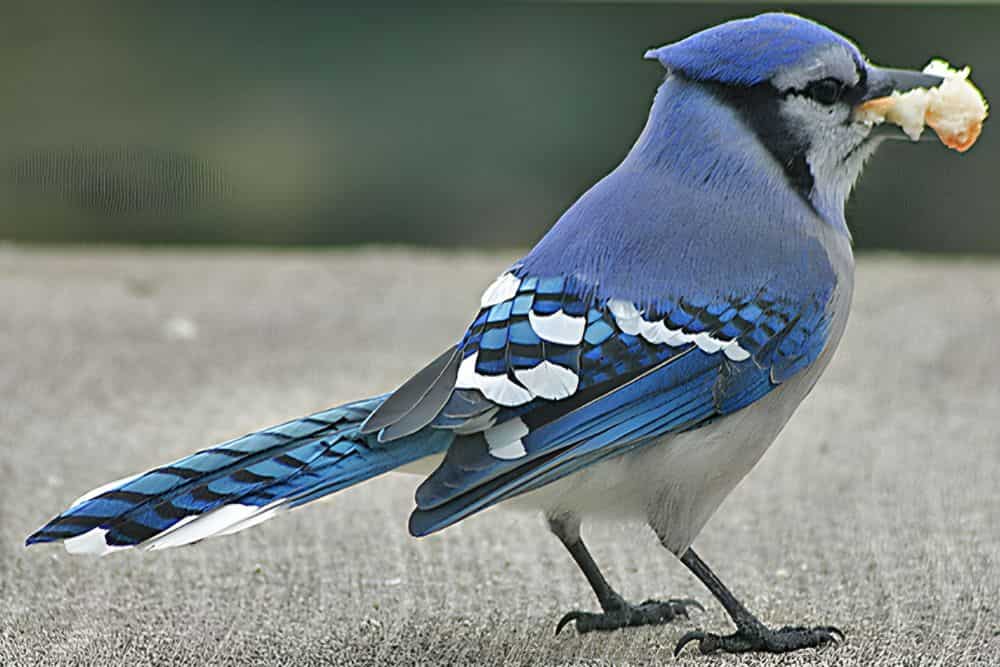
Can Birds Eat Bread Birds are opportunistic feeders, driven by their instinct to consume food that is easily accessible. Bread is easy to access and consume and can provide a temporary feeling of fullness. However, similar to how humans may indulge in junk food, the choices birds make regarding their diet are not always in their best interest.
The Appeal of Bread to Birds
Can birds eat bread is appealing to birds due to its soft texture and easy-to-eat size. Birds like ducks, geese, and gulls often encounter bread in areas populated by humans, leading to a learned behavior where they associate people with food handouts. This learned behavior can be detrimental, as it can cause birds to become overly dependent on human food, neglecting their natural foraging habits.
The Negative Impact of Bread on Birds
While feeding bread to birds may appear to be a harmless act, it can actually result in a range of health issues and environmental concerns. Let’s explore why bread is problematic for birds.
Lack of Nutritional Value
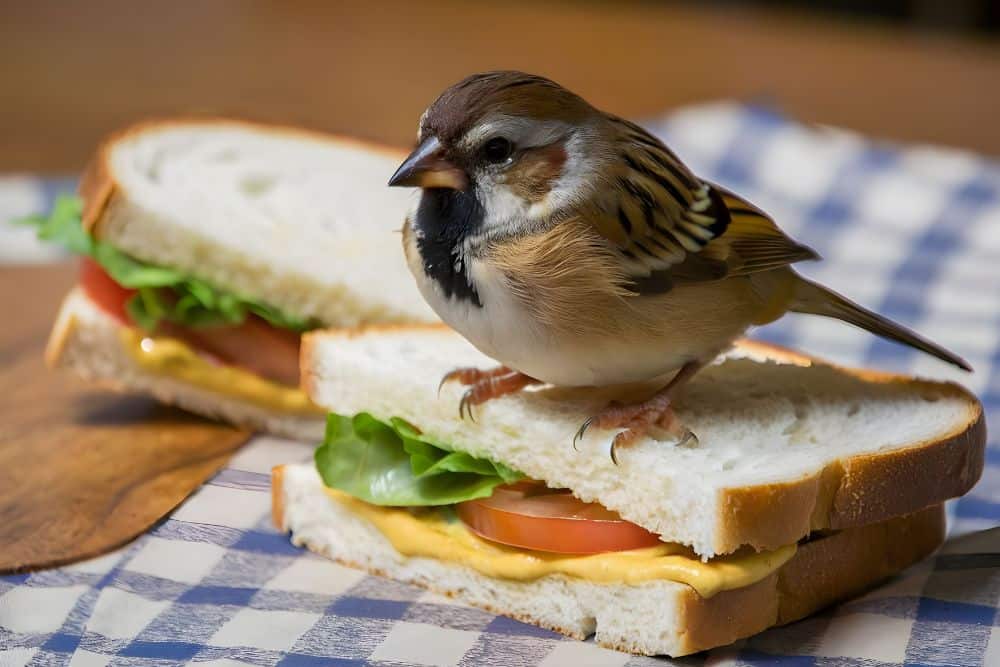
Can Birds Eat Bread, mainly white and processed varieties, is primarily composed of refined flour, which lacks the necessary proteins, fats, and vitamins that birds need for their growth and maintenance. Birds need a diet that supports their energy levels, feather health, immune function, and reproductive success. Regular bread consumption can result in a phenomenon known as “empty calories,” where birds consume food that fills them up but provides no essential nutrients.
1. Obesity and Malnutrition
Birds that frequently eat bread face the risk of malnutrition or obesity. The carbohydrates found in bread are converted into glucose, offering quick bursts of energy but lacking the sustained benefits that come from proteins and fats. Over time, this can lead to malnutrition, reduced energy levels, and weakened immune systems. Young birds, especially waterfowl like ducklings and goslings, can cause growth deformities and reduced survival rates.
2. Digestive Issues
Birds possess digestive systems that are specifically adapted to handle their natural diets. Bread can disrupt their digestive systems by expanding in their stomachs, leading to discomfort and potentially dangerous conditions like crop impaction. Also, moldy bread can introduce harmful bacteria and toxins to their digestive systems, leading to severe illness or death.
3. The Problem of “Angel Wing”
One of the most well-known consequences of feeding bread to birds, especially waterfowl, is a condition known as “angel wing.” This condition occurs when birds, particularly young ducks and geese, consume a diet that is rich in carbohydrates but lacking in essential nutrients. The growth rate of the wing bones is affected, causing the feathers to grow outward instead of lying flat against the body. Angel wing is irreversible and severely impairs the bird’s ability to fly, leaving it vulnerable to predators.
4. Environmental Impact
Providing Can Birds Eat Bread also leads to wider environmental consequences. Leftover bread attracts pests like rats and can contribute to water pollution when it gets washed into nearby lakes or rivers. Moldy bread in water bodies can promote algae growth, disrupting the natural balance of aquatic ecosystems.
The Right Way to Feed Birds
Feeding birds can be a wonderful way to engage with nature; however, it is crucial to do so in a responsible manner. Providing birds with appropriate food supports their health and helps balance local ecosystems.
Healthier Alternatives to Bread
If you want to feed birds, consider offering foods that align more closely with their natural diets:
• Seeds: Sunflower seeds, millet, and nyjer seeds are excellent options for attracting a variety of songbirds. They are nutrient-dense and balance proteins, fats, and carbohydrates well.
• Nuts: Unsalted and crushed peanuts or walnuts are high in protein and energy, making them ideal for birds during winter.
• Fruits and Berries: Birds like robins and bluebirds enjoy fresh fruits like apples, berries, and grapes. Dried fruits can also be offered but should be free of added sugars.
• Suet: Suet is a nutrient-rich, high-energy food derived from animal fat. It’s especially beneficial for birds when their energy needs are higher in cold weather.
• Mealworms and Insects: Offering dried or live mealworms can attract insectivorous birds like bluebirds, wrens, and chickadees.
Can Birds Eat Bread? How to Feed Responsibly
In addition to choosing healthier foods, it’s important to feed birds in a way that mimics their natural foraging behavior. This can be achieved by:
• Provide food in appropriate feeders for the bird you want to attract. Different birds prefer different feeders, such as tube feeders for finches or suet feeders for woodpeckers.
• Keeping feeding areas clean to prevent the spread of disease. Regularly clean bird feeders and remove any spoiled or uneaten food.
• Offering food in moderation to prevent birds from becoming dependent on handouts.
This motivates them to persist in searching for their natural food sources.
The Ethical Responsibility of Feeding Birds
Feeding can Birds Eat Bread has ethical implications that go beyond their immediate health. When we feed birds, we intervene in their natural behavior and ecosystem. It’s essential to understand that this intervention comes with a responsibility to ensure that our actions have a positive, rather than detrimental, impact.
Can Birds Eat Bread? The Risks of Dependency
One of the critical risks of feeding birds, particularly with foods like bread, is the potential for dependency. Birds that rely heavily on human-provided food may lose their natural foraging skills and become more vulnerable to environmental changes or food shortages. This dependency can also lead to increased conflict with humans or other animals as birds congregate in areas where food is regularly provided.
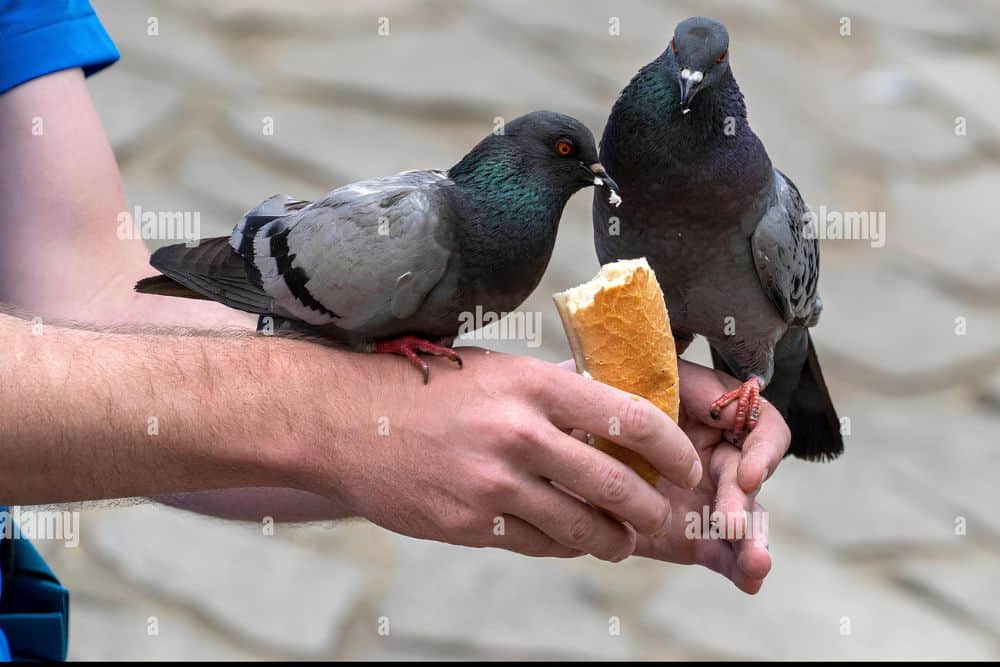
Disruption of Natural Behaviors
Feeding Can Birds Eat Bread in large quantities can disrupt their natural behaviors, including migration patterns and breeding habits. For example, providing abundant food during the winter can encourage some species to remain in areas they would typically migrate away from, potentially putting them at risk of harsh weather conditions.
Conclusion
While can birds eat bread physically, it is not suitable for them due to its lack of essential nutrients and the potential risks it poses to their health. Feeding bread to birds can lead to malnutrition, digestive issues, physical deformities, and broader environmental problems. By choosing healthier alternatives and feeding responsibly, we can enjoy our interactions with birds without compromising their well-being.
Can Birds Eat Bread Feeding birds is a cherished activity that connects us to nature and allows us to support wildlife in urban and suburban environments. However, being mindful of what and how we feed them is crucial. Understanding the nutritional needs of birds and the consequences of feeding them inappropriate foods like bread allows us to make better choices that promote their health and survival. Ultimately, the best way to help birds thrive is to let them rely on their instincts and foraging abilities. When we feed them, we should offer foods that closely mimic their natural diet and provide the nutrients they need.
By doing so, we can foster a harmonious relationship with the birds that eat bread around us and contribute to the well-being of the ecosystems they inhabit.


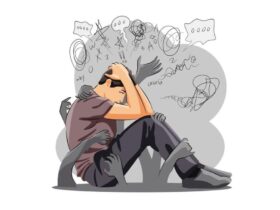
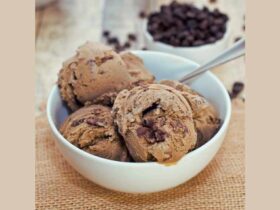
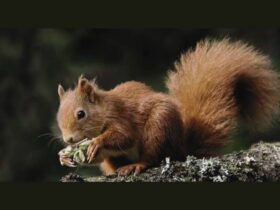
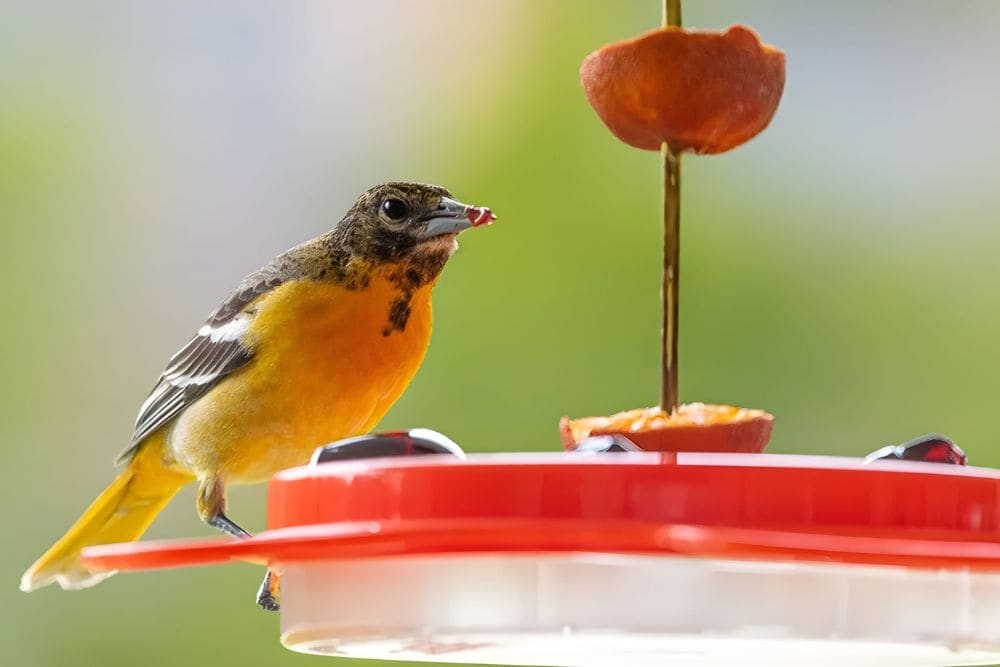



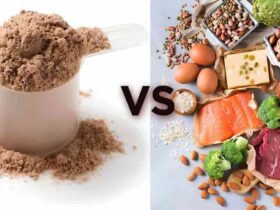
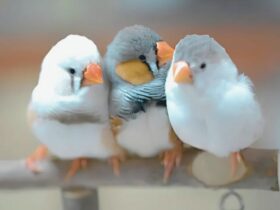
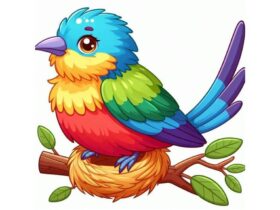
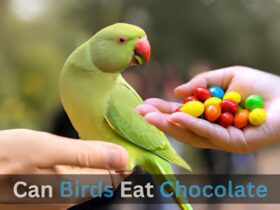

Leave a Reply